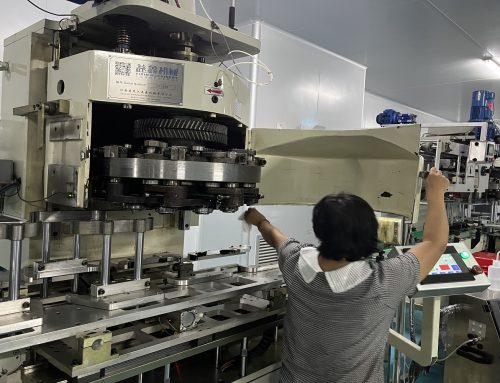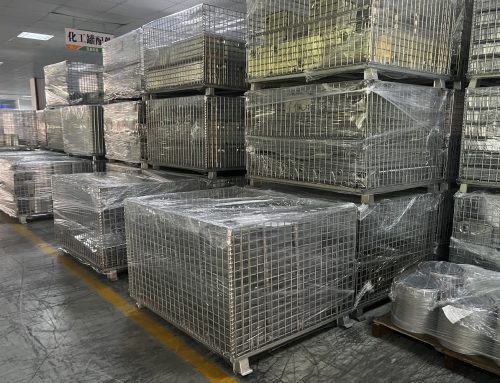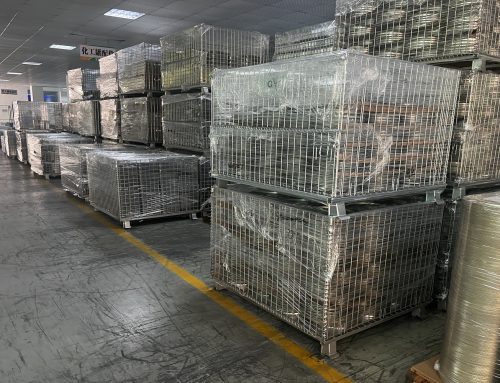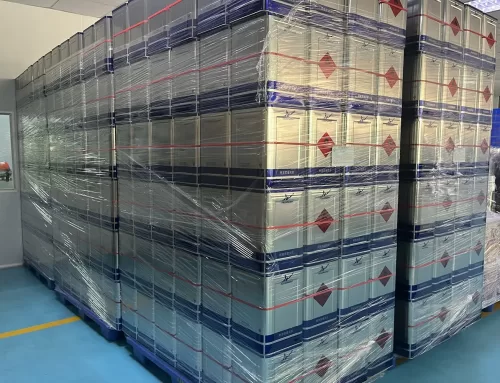According to the United Nations Environment Programme (UNEP), Japanese citizens emit about 32kg of plastic container waste every year, ranking second in the world after the United States.
With the heightened awareness of environmental issues such as marine plastics, it has become increasingly clear that the sale of products in plastic bottles will be stopped and replaced by metal cans. The international community has cast a severe eye on Japan, which emits a large amount of plastic waste, and may accelerate the switch to metal cans in 2020.
Annual consumption of aluminum cans exceeds 20 billion
At the “Mori Building Digital Art Museum: Epson teamLab Borderless” in Odaiba, Tokyo, which is popular with foreign tourists, in a corner of the museum where the most cutting-edge works are extended, there are vending machines in the quiet rest space, and drinks are in aluminum cans. , the switch from plastic bottles to aluminum cans started in September 2019.
While conventional cans have the disadvantage that they cannot be resealed once opened, aluminum cans with resealable screw caps solve this problem. Riding on the trend of plastic removal, the annual consumption of aluminum cans in Japan has continued to increase since 2014. It has exceeded the 20 billion cans mark, and the recycling rate has exceeded 90%. It is well received as a container that combines convenience and environmental protection.
Officials and people support aluminum cans instead of plastic bottles
This move has received positive responses from officials and the public. In 2019, vending machines in the Kamakura City government building in Kanagawa Prefecture began to stop offering plastic bottled goods and replaced them with metal cans or paper cups. Toyonaka City, Osaka Prefecture, has taken the same measure.
The 1,500 vending machines within Fujitsu will end supplying beverages in plastic bottles by the end of 2019, which is expected to reduce the number of plastic bottles by about 7 million each year.





